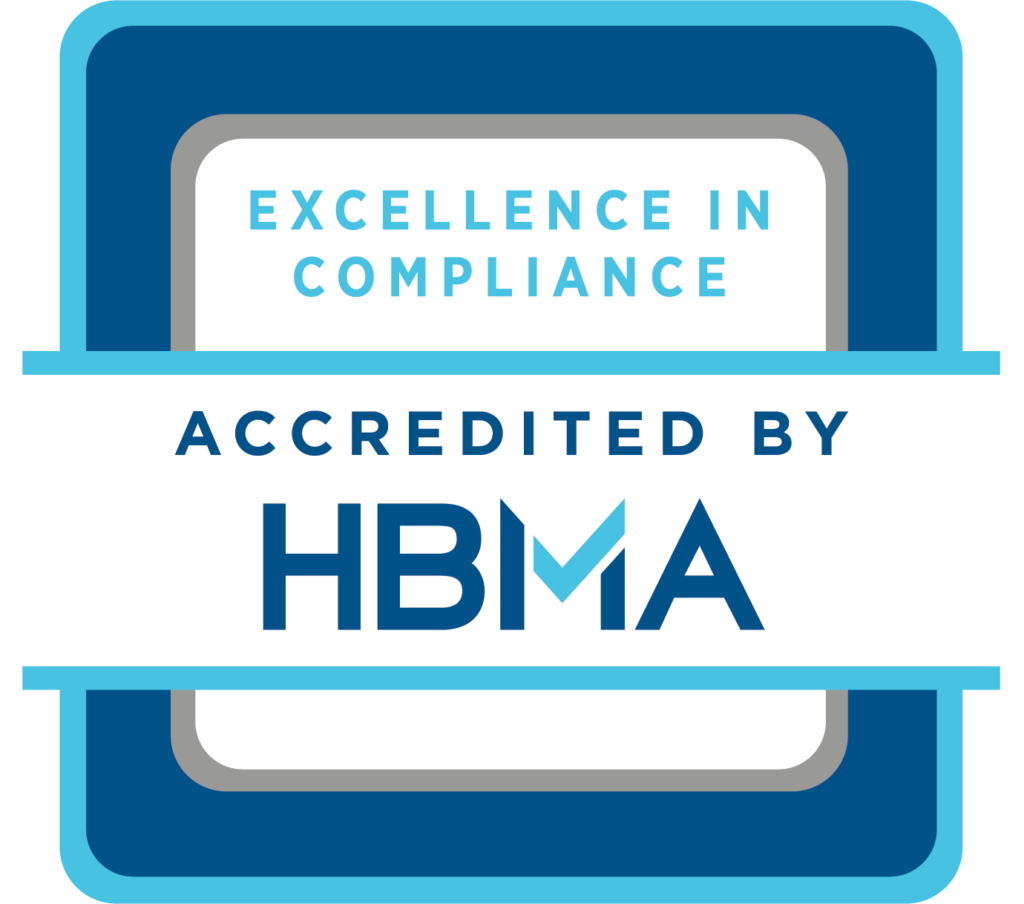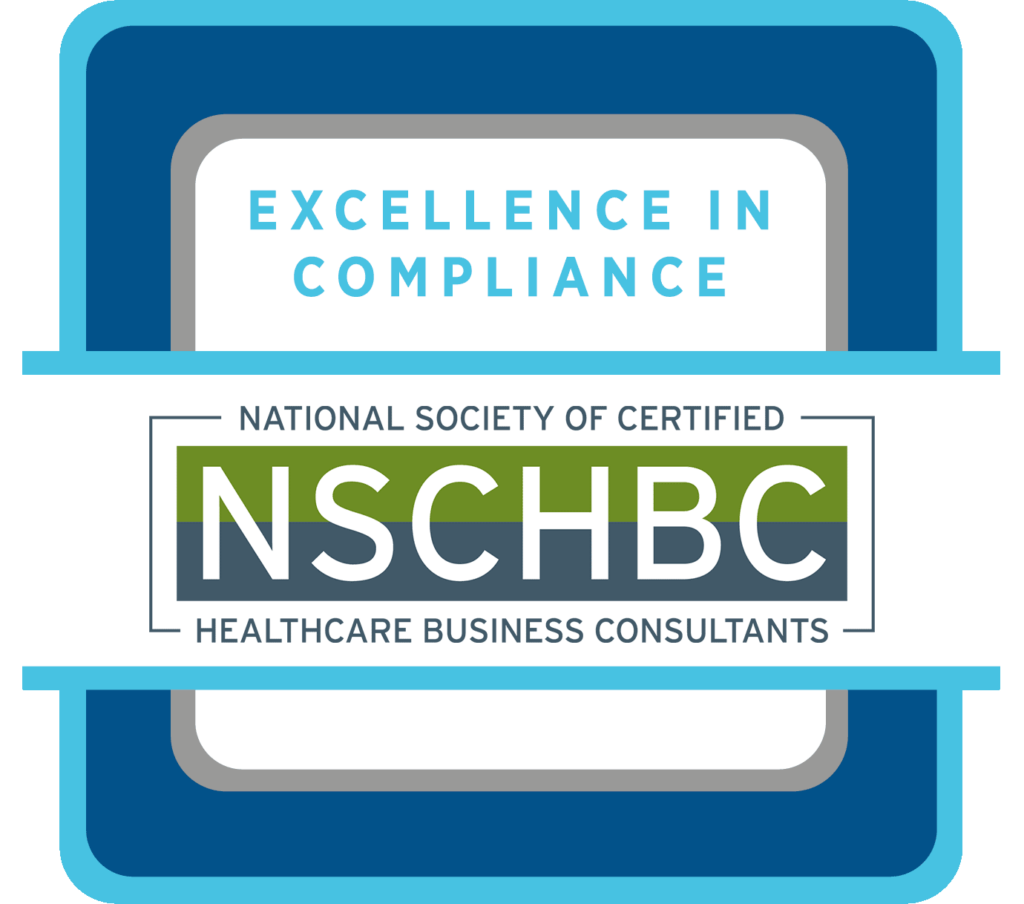Claim Denials: Dumping Syndrome’s Cost to Your Practice

Is Your Practice Losing Money Without Realizing It?
Revenue loss due to claim denials is an ongoing challenge for many healthcare practices. One of the biggest culprits behind these losses is “Dumping Syndrome” —a term used in medical billing. No, it’s not a medical diagnosis. It’s the habit of “dumping” incorrect or incomplete data into your claims process. These errors lead to unnecessary denials, delayed payments, and increased administrative workloads.
Over 30% of claim denials are preventable due to minor but critical data issues like incorrect insurance details or missing authorizations. Even more frustrating, 65% of denied claims are never appealed or corrected, meaning a large portion of your revenue could slip through the cracks. The good news? With a few simple tweaks, you can clean up your billing process, stop revenue leaks, and finally take control of your payments.
What’s Causing the Problem? The Usual Suspects Behind Denials
It’s easy to think claim denials stem from complicated issues, but the causes are often surprisingly simple—and fixable. Insurance companies have sophisticated systems that quickly flag errors—even small ones—and deny claims outright. If your practice is facing frequent denials, chances are it’s due to one of these common issues:
- Invalid Insurance Information: Patients switch plans more often than you think. Filing to an old or incorrect plan means automatic denial.
- Terminated Policies: Just because a patient is insured doesn’t mean their specific policy is still active. If coverage has lapsed, your claim won’t get paid.
- Incorrect Patient Demographics: Simple mistakes in a patient’s name, date of birth, or policy number can prevent claims from being processed.
- Missing Authorizations or Referrals: Some procedures require prior approval. The claim won’t go through if an authorization number is missing, incorrect, or expired.
- Missing Admission Dates for Inpatient Services: Any claim related to inpatient services must include an admit date. Leaving this field blank results in a denial.
The best way to prevent denials is to tighten up front-end processes and ensure that every claim is sent out with accurate, complete data. Otherwise, denials will continue to pile up, and payments will continue to be delayed.
Rethinking Denial Management Services: From Reactive to Proactive
Handling denials after they happen is not an effective revenue management strategy. A reactive approach—where claims are only corrected after they are rejected—creates unnecessary administrative burdens, increases delays in reimbursement, and ultimately leads to lost revenue.
Meanwhile, claims requiring reprocessing take up to 90 days to be reimbursed, and a significant percentage of them are never reworked. In some cases, claims get lost in the shuffle entirely. That adds up to substantial revenue sitting in limbo.
Instead, focusing on denial prevention puts you back in control. Catching issues before they leave your office will save time, improve cash flow, and reduce stress for your billing team.
Simple Fixes That Can Make a Big Difference
Identifying the root causes of claim denials is only the first step. You need a system that prevents denials before they happen and ensures sustainable improvements. Too many practices correct denials only to repeat the same cycle month after month. To prevent denials consistently, healthcare practices must implement structured workflows, train staff effectively, and leverage technology to maintain accuracy.
A preventative approach is easier than you think; the best solutions are often the simplest. Here’s how to turn temporary fixes into lasting improvements:
- Establish a Proactive Billing Workflow – Create a structured process that ensures claims aren’t submitted until they’ve been fully verified. This means insurance is checked, patient info is accurate, and required authorizations are in place—every single time.
- Strengthen Staff Training and Accountability – A one-time training session isn’t enough. Hold regular staff workshops, provide ongoing feedback on common errors, and assign clear accountability for different aspects of the claims process.
- Use Automation to Reduce Errors – Modern billing software, AI-driven claim scrubbing, and automated eligibility verification help prevent human errors and reduce reliance on manual checks.
- Measure, Analyze, and Adjust – Monitor denial trends over time. If the same mistakes keep showing up, your process needs tweaking. Use data insights to improve workflows, adjust training, and eliminate revenue-draining errors before they happen.
When to Call in the Pros (And Why It’s Worth It)
Managing denials and claims corrections can overwhelm your team even with the best internal processes. For many healthcare practices, partnering with a professional billing and denial management service is the most effective way to optimize revenue and reduce administrative burdens.
Here’s when it’s time to seek professional support:
- Persistent Denials Despite Process Improvements – If denials continue to pile up even after internal workflow optimizations, it may indicate deeper systemic issues that require expert intervention.
- Lack of Internal Resources – Many practices lack the staff, technology, or expertise to effectively track, analyze, and resolve denials on a large scale.
- Increasing Accounts Receivable Days—If your AR days are growing, Outsourcing revenue cycle management can help speed up claim resolution and improve cash flow.
- Complex Payer Rules and Compliance Challenges – Keeping up with changing payer policies and regulatory requirements can be overwhelming. Revenue cycle consultants have the expertise to navigate these complexities.
At some point, managing denials in-house costs more than it saves. A professional denial management service or healthcare revenue cycle consulting firm can provide the right tools, experience, and strategies to ensure you get paid faster and with fewer headaches.
How Medicus Billing Optimizes Your Revenue Cycle
At Medicus Billing, we understand that denial management and revenue cycle optimization require expertise, precision, and a proactive approach. Our team specializes in helping healthcare practices reduce claim denials, improve cash flow, and streamline billing operations so you can focus on providing exceptional patient care.
We provide comprehensive revenue cycle consulting, helping practices like yours develop sustainable financial strategies. From front-office training to advanced denial analytics, we provide the tools and support necessary to enhance your billing efficiency. When your billing is handled right, your practice runs smoother, your staff is less stressed, and most importantly, you get paid what you’re owed—on time.
Final Thoughts: Ready to Clean Up Your Claims and Get Paid Faster?
Dumping Syndrome may be familiar, but it doesn’t have to be a never-ending struggle for your practice. Implementing proactive denial prevention strategies, ensuring accurate claim submissions, and staying ahead of evolving payer requirements ensures that you can significantly reduce revenue loss and administrative burdens.
Let Medicus Billing help you navigate the complexities of denial prevention and revenue cycle management. Call today to schedule your medical billing consultation and take the first step toward a healthier, more profitable practice.
About the Author: Cyndi Walker
Cyndi Walker, CMC CHBC, is the founder of Medicus Billing and Consulting, a premier billing company with over 40 years of experience in the medical billing industry. With certifications in Medical Coding, Healthcare Billing Consulting, and Compliance, Cyndi has built a reputation as a trusted expert in the field. She regularly shares her extensive knowledge on topics such as coding, payer appeals, regulations, and billing techniques. Connect with Cyndi today to discover how Medicus Billing can streamline and enhance your practice’s billing processes.

Contact Us Today
"*" indicates required fields



